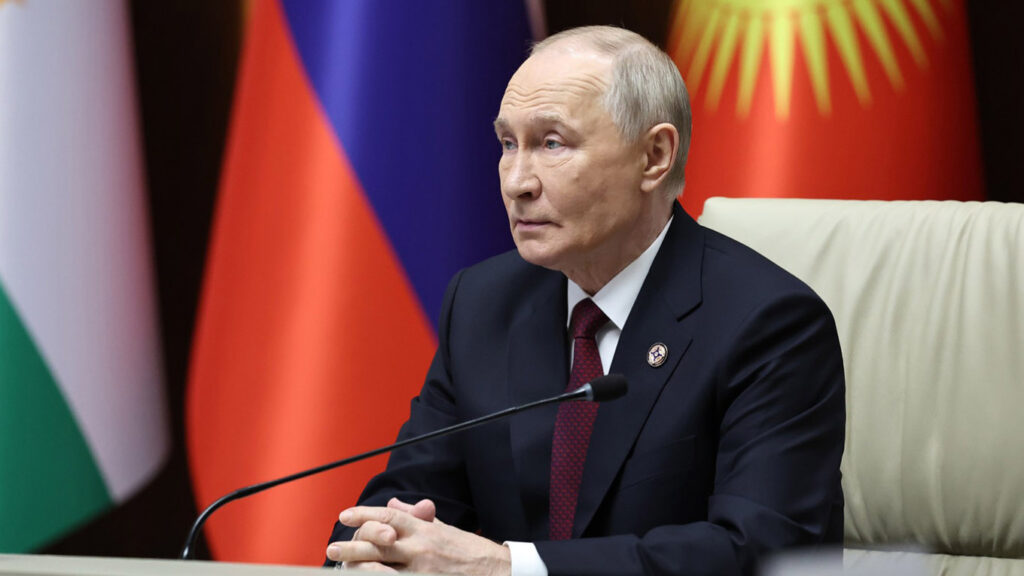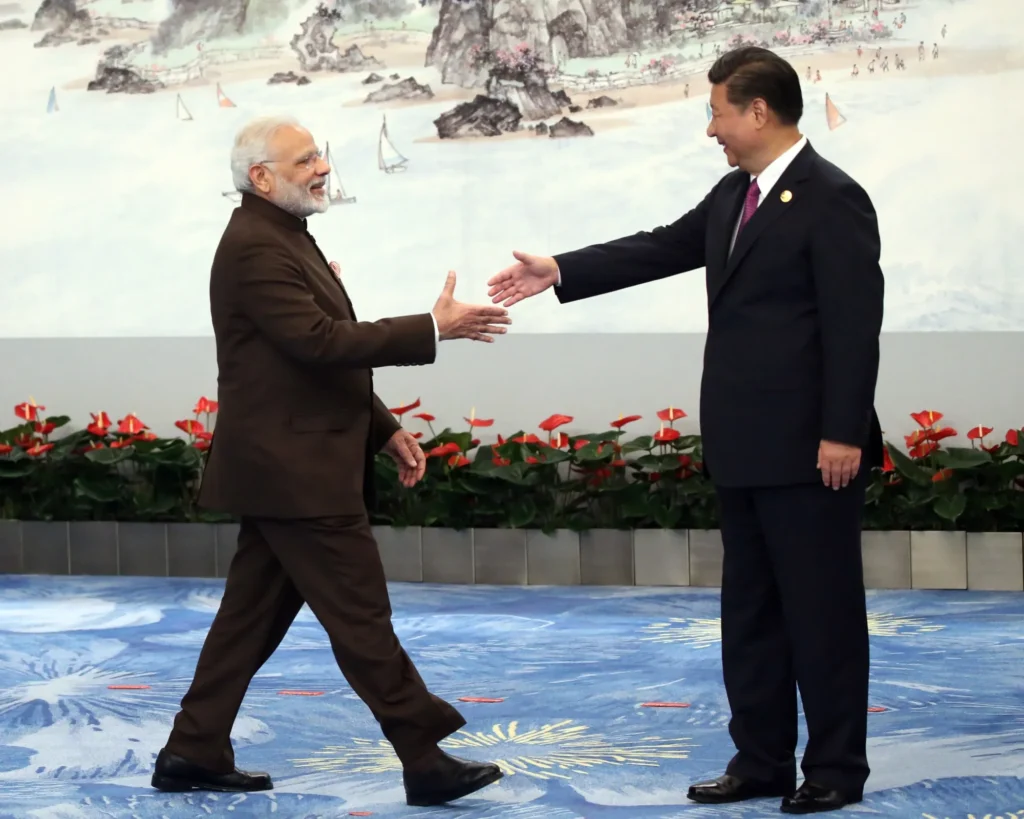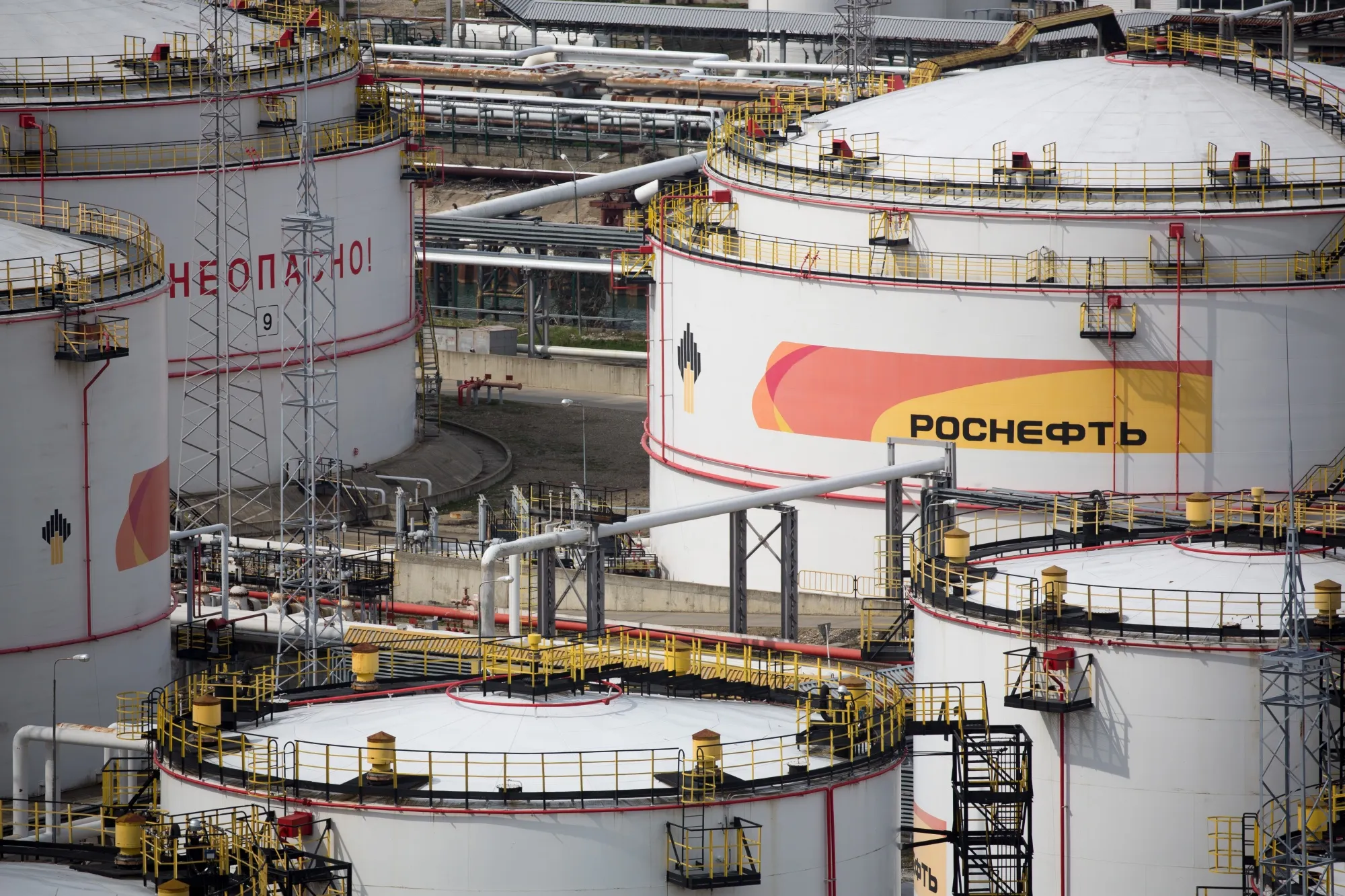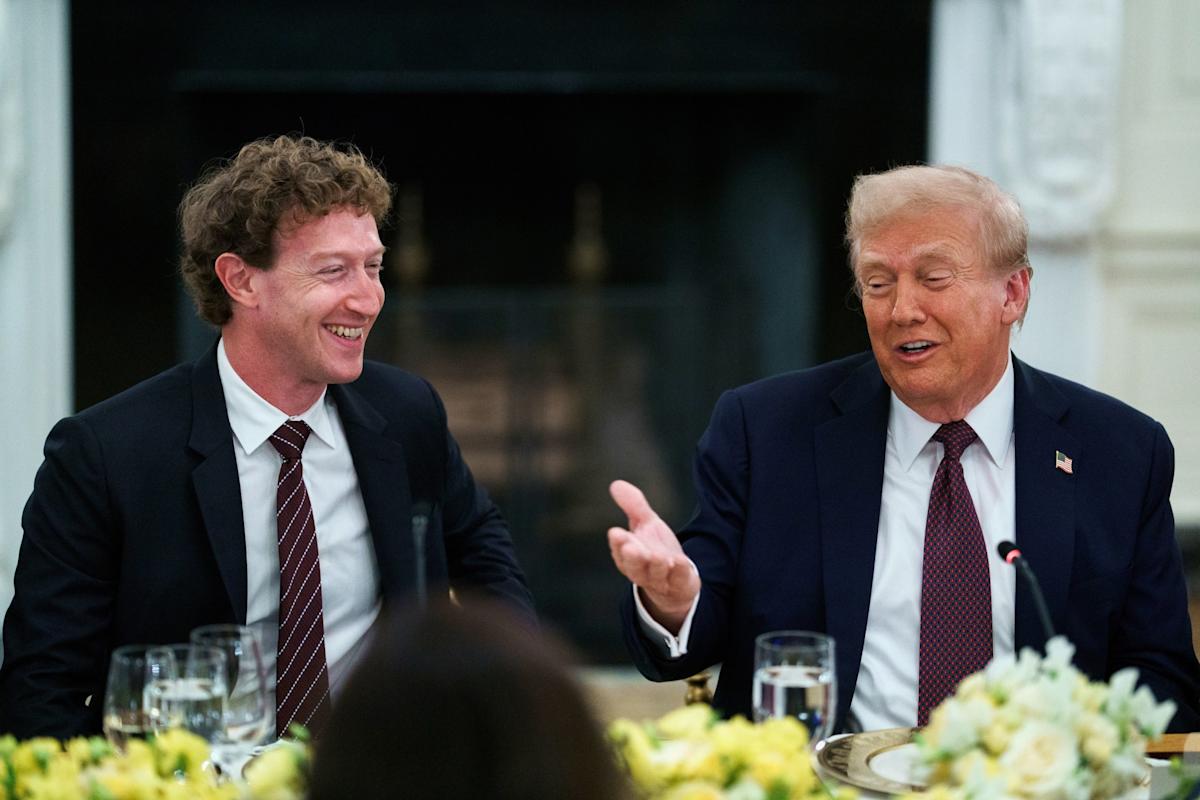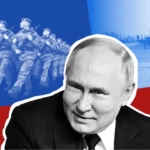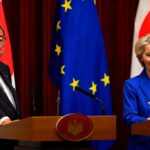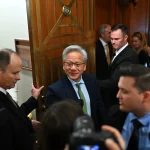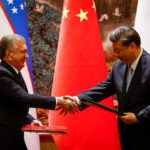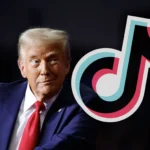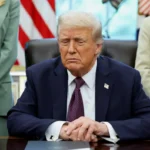Eastern Powers Align: Xi, Putin, and Modi Signal a Shift in Global Order
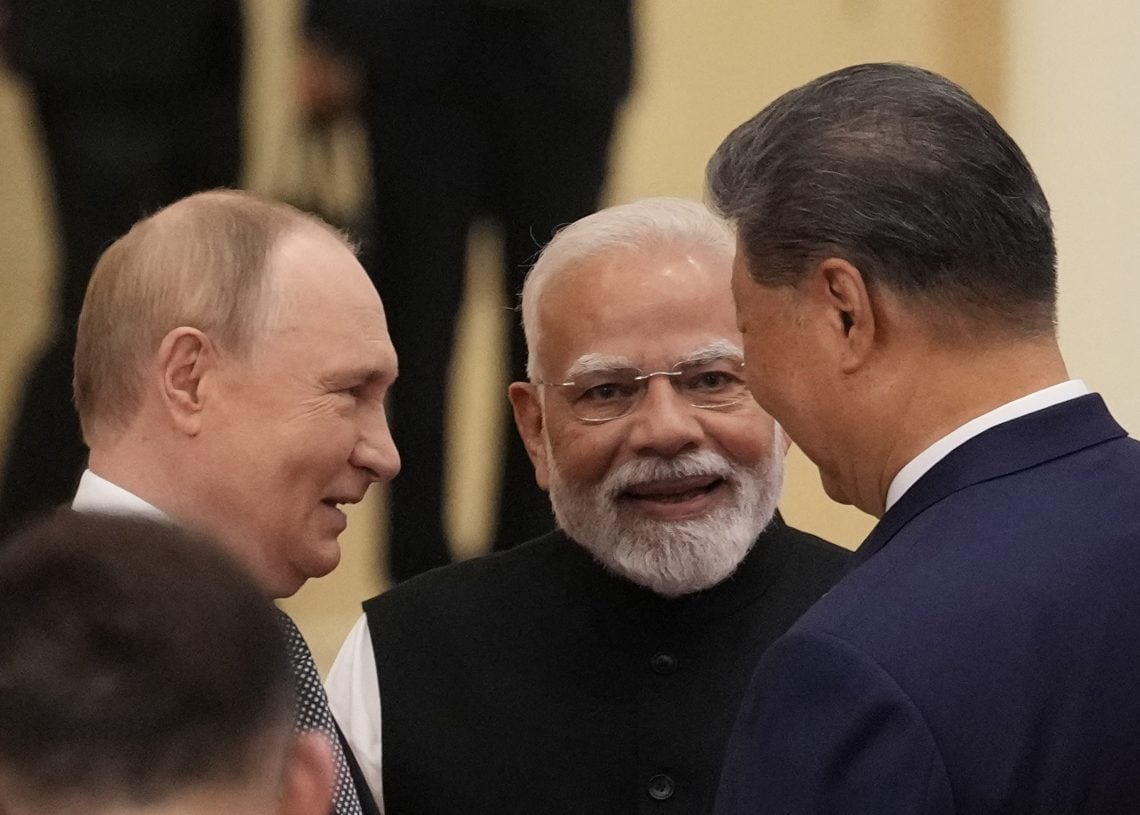
In a significant diplomatic development, Chinese President Xi Jinping, Russian President Vladimir Putin, and Indian Prime Minister Narendra Modi have demonstrated a rare show of unity at the Shanghai Cooperation Organisation (SCO) summit in Tianjin, China. This unprecedented alignment among the three leaders signals a potential shift in global power dynamics, challenging the existing U.S.-led order and highlighting the growing influence of Eastern powers.
A Symbolic Gathering with Strategic Implications
The summit featured a notable photograph of Xi, Putin, and Modi engaged in a friendly exchange, a moment that has captured global attention. This image is being interpreted as a powerful symbol of a new geopolitical alignment, with the leaders of China, Russia, and India coming together in a display of solidarity.
Analysts view this gathering as more than just a ceremonial event; it reflects a strategic move by these nations to counterbalance the influence of the United States and its allies. The leaders have pledged deeper economic and security cooperation, advocating for a reform of global institutions to better represent the emerging multipolar world order.
Economic Shifts and Trade Realignments
The convergence of Xi, Putin, and Modi comes at a time when global trade dynamics are undergoing significant changes. India’s recent experience with steep U.S. tariffs has prompted a reevaluation of its trade partnerships. In response, India is seeking to strengthen its economic ties with China and Russia, aiming to diversify its trade relationships and reduce dependency on the U.S.
China and Russia have been actively engaging with developing nations, offering infrastructure projects, diplomatic support, and economic cooperation. These initiatives are part of a broader strategy to create an alternative economic bloc that challenges the existing Western-dominated financial system.
The SCO summit underscored these efforts, with China proposing new development banks and financing options for member countries. This move is seen as an attempt to provide financial alternatives to institutions like the International Monetary Fund and the World Bank, which are often perceived as instruments of Western influence.
Implications for Global Governance
The actions of Xi, Putin, and Modi signal a collective push to reshape global governance structures. By advocating for reforms in international institutions, these leaders aim to ensure that the voices of the Global South are more prominently represented. This approach challenges the traditional dominance of Western powers in global decision-making processes.
Furthermore, the alignment of these nations suggests a strategic bloc that could influence global policies on trade, security, and development. While the alliance is still in its formative stages, the shared interests of China, Russia, and India indicate a potential shift towards a more multipolar world order.
Conclusion
The rare show of unity among Xi Jinping, Vladimir Putin, and Narendra Modi at the SCO summit marks a significant moment in international relations. Their collective stance challenges the existing global order and points towards a future where Eastern powers play a more central role in shaping global affairs. As these nations continue to deepen their economic and strategic ties, the implications for global governance and international relations will become increasingly profound.



